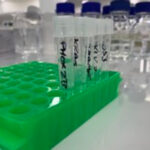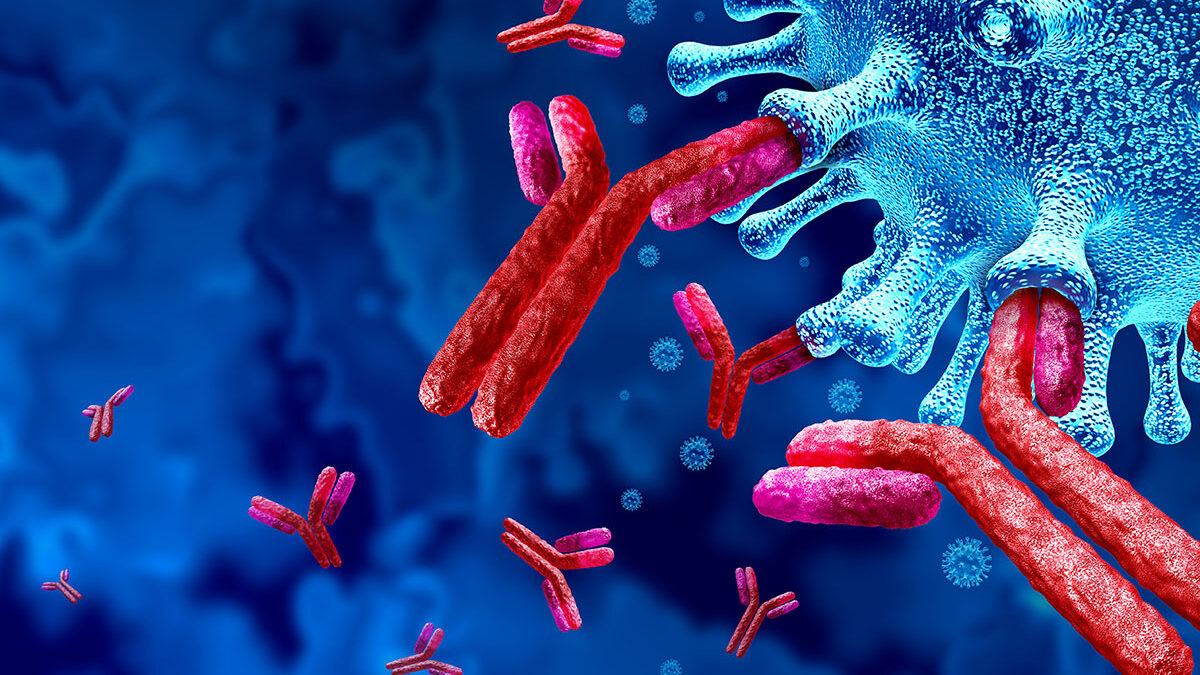
Myrio Therapeutics data published in Nature: unlocking new targets for antibody-based therapies
April 8, 202431 May 2023, MELBOURNE, Australia – Australia’s sovereign pandemic preparedness has received a boost with Myrio Therapeutics Pty Ltd (Myrio), a privately-owned Australian biotechnology firm with a patented antibody screening platform, receiving $500,000 from Australia’s national biotech incubator, CUREator.
The grant, awarded by the federally funded Brandon BioCatalyst delivered incubator, will see Myrio work with researchers at the CSIRO, The Peter Doherty Institute for Infection and Immunity, Monash University, and James Cook University, to develop antibody-based products for the treatment of influenza in the event of a future pandemic.
Utilising Myrio’s patented Retained Display™ (ReD™) platform, the program will focus on the development of antibodies targeting a segment of influenza virus that has been conserved across all influenza pandemics since the 1918 Spanish Flu.
The ability to quickly deploy antibodies to fight emerging viruses will be key to Australia’s future pandemic preparedness. There is an unmet need in the Australian biotech sector for a company committed to the development of therapeutics that support this cause and we believe we can fill that gap.”
Myrio’s ReD™ platform accelerates the screening and isolation of highly specific antibodies that target conserved internal viral peptides presented through cell surface proteins (Human Leukocyte antigen (pHLA)).
Myrio’s approach to pHLA antibody development has the potential to be more reliable than traditional antibody therapies which target viral surfaces prone to evolution and reductions in efficacy. To date, Myrio’s platform has been used to identify antibodies against numerous pHLA targets, including paediatric oncology, neuroblastoma, ovarian cancer, melanoma, and prostate cancer. Once identified, antibodies undergo pre-clinical and clinical trials to validate their safety and efficacy.
Australia’s GDP is estimated to have suffered a cumulative loss of $158 billion compared to its pre-pandemic trajectory, largely caused by lockdowns associated with L-strain and the Delta COVID-19 outbreaks, which occurred before the Australian population had full access to vaccines and other therapeutic interventions.
CSIRO research scientist in disease prevention and detection, Dr Daniel Layton, who is leading a portion of the Myrio CUREator program said: “Alongside vaccines, antibody therapies provide another tool to fight endemic viral diseases and have the potential to limit health and economic impacts of pandemics.”
“We look forward to testing the ReD™ antibody discovery platform in in vivo settings and helping build Myrio’s clinical data portfolio through this program,” Dr. Layton added. The global market for monoclonal antibodies – focused largely on surface targets rather than pMHC targets which is Myrio’s point of difference – was valued at USD 210.06 billion in 2022 and is projected to exhibit a compound annual growth rate of 11.04% from 2023 to 2030.


